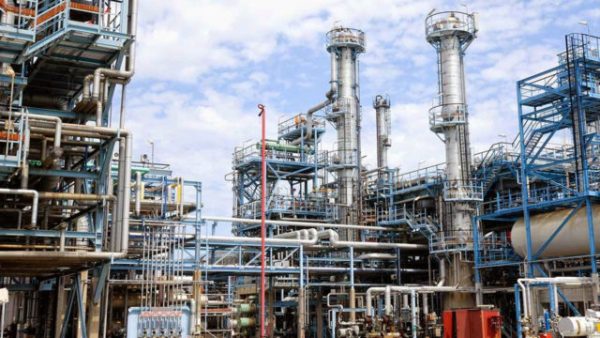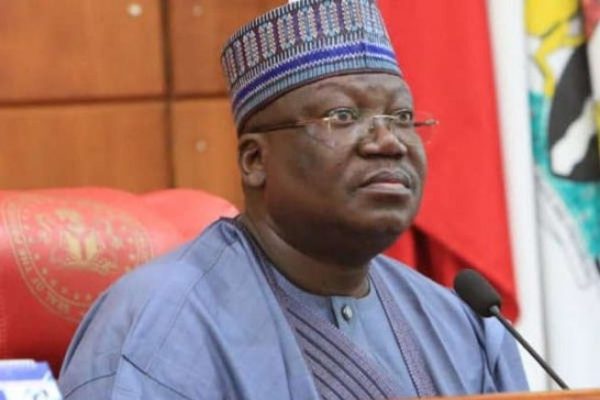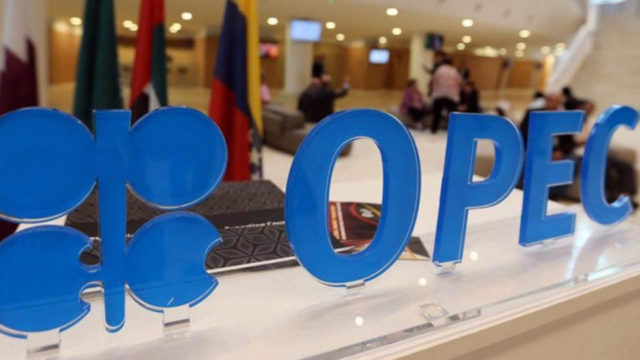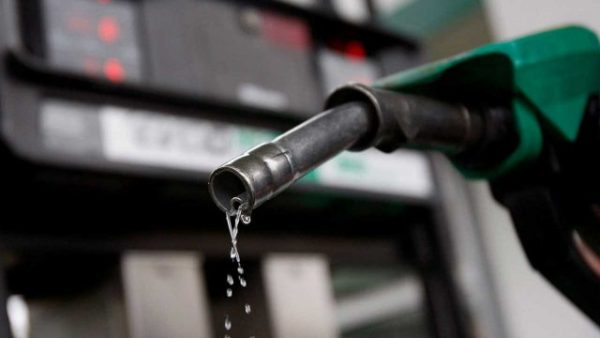Reverse power sector privatisation, electricity workers tell FG
The National Union of Electricity Employees, on Tuesday, called on the Federal Government to reverse the privatisation of the power sector because “it is not working and cannot work.”
The NUEE and other trade unions under the aegis of Public Services International also told the Federal Government not to go ahead with the proposed plan to privatise the country’s water sector.
The General Secretary, Amalgamated Union of Public Corporations, Civil Service Technical and Recreational Services Employees, Mr Sikiru Waheed and the National President, NUEE, Mr Martin Uzoegwu, at a joint press briefing in Lagos, faulted the government’s recourse to privatisation of governmental institutions.
They advocated what they described as creative commercialisation of the nation’s critical agencies “in lieu of selling them off in bits and pieces”.
“For us at AUPCTRE, access to safe and adequate water is crucial to the quality of life of the citizenry. Because of this, we have been at the fore of the campaign to stop plans by the federal and state governments to privatise our water. Privatisation will price water above the reach of the poor,” Waheed said.
Uzoegwu noted that the power sector, long neglected by successive governments, was eventually privatised in 2013 when the Power Holding Company of Nigeria was unbundled into 11 distribution companies, six generation companies, and one transmission company.
He noted that the Discos and the Gencos were handed over the private investors.
He said, “The government mantra was that the private sector would provide infrastructure and utilities more effectively and attract investment.
“It also pointed out challenges like grid energy insufficiency and instability, network infrastructure, gas limitation to the generation companies, annual water shortages at the hydropower station, metering challenges as some of the putative reasons why it had become unfeasible for the government to keep absolute control of the power sector.”
Uzoegwu said this year marked the eighth anniversary of the privatisatiion but the same issues had remained unsolved.
“Citizens and industries still do not have reliable power supply. Even with installed capacity of 12,522 megawatts, the nation has not been able to generate beyond 4,000MW, which is insufficient for the population of 200 million. Added to these are the periodic price hikes, a variety of tariffs and estimated billing,” he said.
The NUEE noted that electricity on the grid on November 1, 2013, when the sector was privatised, was around 3,400MW.
“However, since then, the highest peak power ever generated and transmitted in Nigeria was 5,802MW on March 1, 2021, which was evacuated at a frequency of 50.09 hertz. Realistically, Nigeria is supposed to be generating over 20,000MW by now,” he said.
Uzoegwu added, “While the transmitting capacity has improved to wheel well over 8,000MW through the grid, we still have less power to pass through the system for the country, and we continue to pay them for doing nothing to upgrade the capacity in the country. As we speak today, power generation has again dropped to below 4,000 MW
The bottom line given by the NUEE is for the unconditional reversal of the privatisation of the power sector to save suffering Nigerians from the unremitting trend of having to pay a king’s ransom as power tariffs while the supply remains abysmally low.








